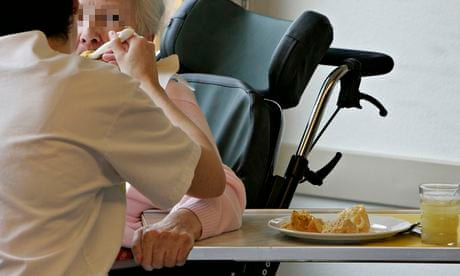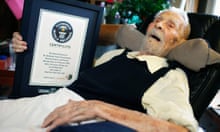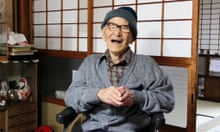A Swiss organisation that helps people take their own lives has voted to extend its services to elderly people who are not terminally ill.
Exit added "suicide due to old age" to their statutes at an annual general meeting held over the weekend, allowing people suffering from psychological or physical problems associated with old age the choice to end their life.
Assisted dying is legal in Switzerland and technically even a healthy young person could use such services. However, organisations involved in this work set their own internal requirements, which differ from group to group.
The move has been criticised by the Swiss Medical Association amid fears it will encourage suicide among the elderly. "We do not support the change of statutes by Exit. It gives us cause for concern because it cannot be ruled out that elderly healthy people could come under pressure of taking their own life," said the association's president, Dr Jürg Schlup.
But Exit said that most people who would choose this option were already members of the organisation and had been looking into assisted dying for years.
"Our members told us to get active on this subject. It was ripe for a decision," Exit's vice-president, Bernhard Sutter, said.
"Assisted suicide is a lengthy process. Doctors must take tests and talk to patients for hours asking them to justify their motivations. Old patients feel they do not have the energy for all of this and it is also not so dignified."
The organisation confirmed that elderly people seeking their services would still have to go through comprehensive checks – but that medical tests would be less stringent than those required for younger people.
Despite some backlash, Sutter said the medical profession was becoming more understanding.
"Prescriptions for the [life-ending] medicine come most often from the family doctors," he said. "That shows that the medical profession is more understanding now of what it means to go on like this."
The news follows a legal battle between Swiss prosecutors and a doctor who provided deadly medicine to a patient without examining him first. The doctor was acquitted by an appeal court in April for giving drugs to an 89-year-old patient with a serious bowel illness who wanted to end his life but refused to be examined.
"It has to be OK for elderly people like him not to be put through the same tests again," said Sutter. "This is what we mean – he shouldn't have had to go through it all again."








Comments (…)
Sign in or create your Guardian account to join the discussion